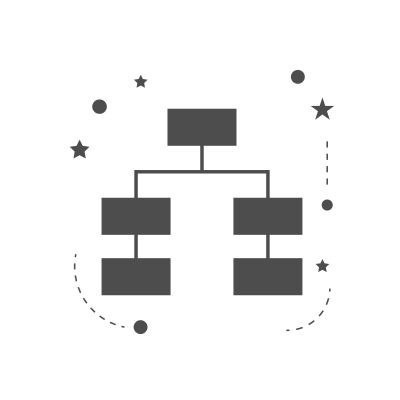Deep neural network for SIM super-resolution reconstruction with a reduced number of images
Autumn 2021
Master Semester Project
Project: 00002

In the standard 2D-SIM set-up, we need 9 images to reconstruct a super-resolution image. We want to reduce the number of images (to have fast acquisition + to limit the photo-toxicity + to make longer experiment) while keeping almost the same quality. Hence, we need to train a neural network to learn the missing information from the data.
- Supervisors
- Daniel Sage, daniel.sage@epfl.ch, 021 693 51 89, BM 4.135
- Michael Unser, michael.unser@epfl.ch, 021 693 51 75, BM 4.136
- Emmanuel Soubies